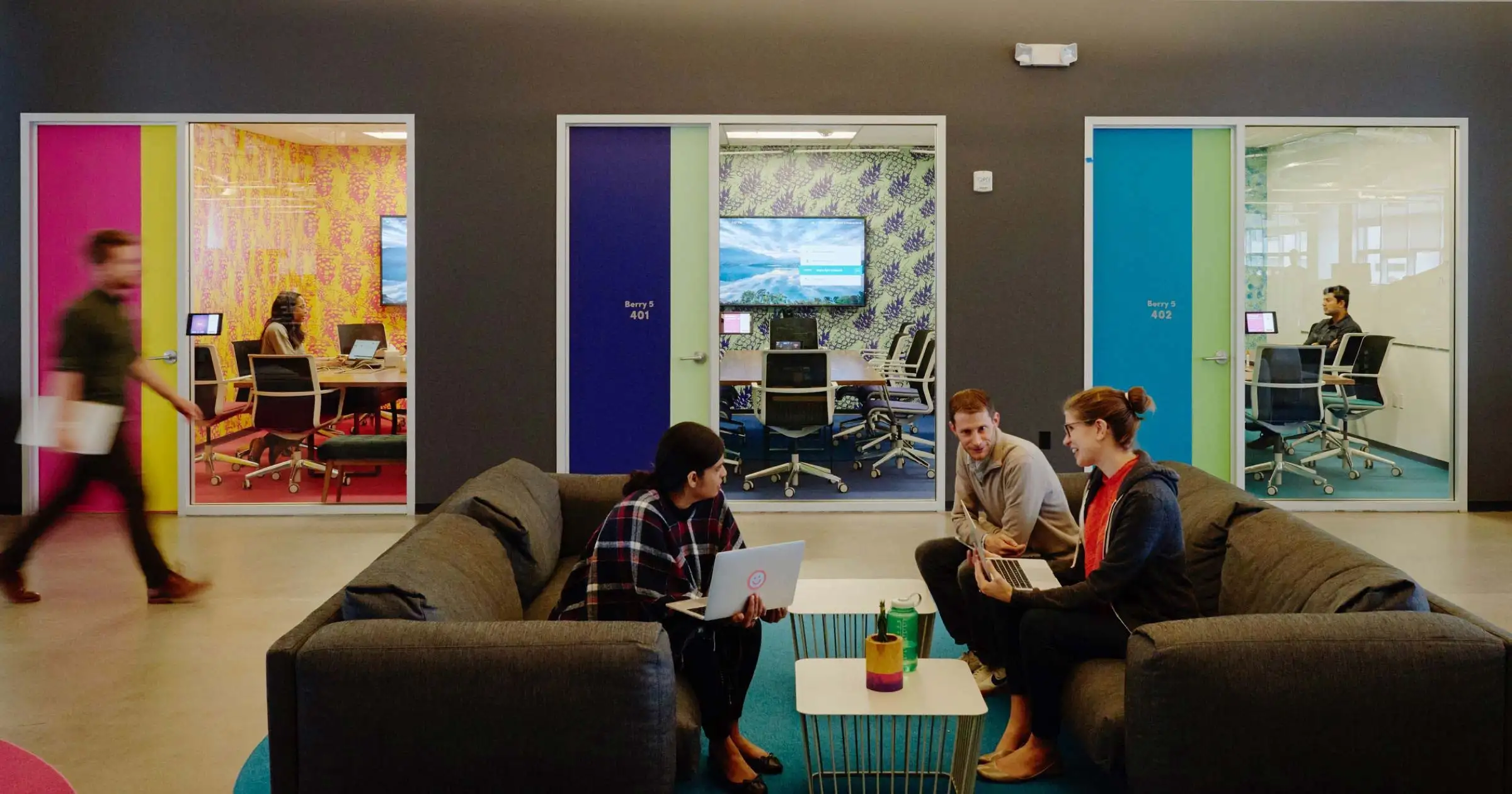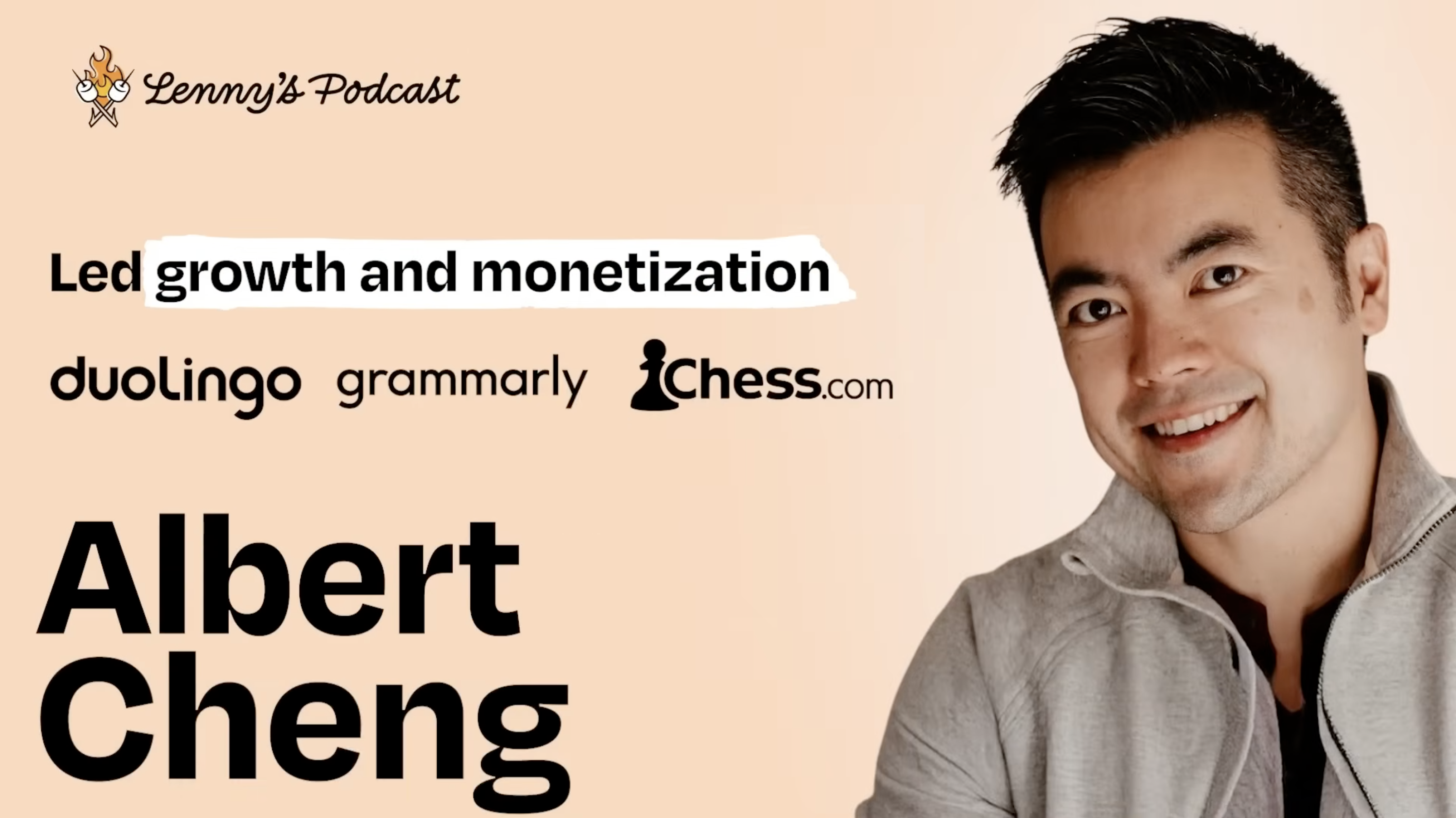WHAT TO EXPECT WHEN INTERVIEWING AS A PRODUCT MANAGER

Originally posted while I was still at Lyft in 2018.
This post is direct and personal, so let me introduce myself. My name is Dan Barak — I’ve been at Lyft for almost 2 years, supporting the Growth Platforms teams, after spending more than 4 years at Facebook. I’m also very passionate about recruiting and interviewing and am actively working to make these processes better at Lyft.
At Lyft, we view hiring as one of the most important and leveraged responsibilities PMs have. Our goals are to both hire great talent, as well as provide the best experience for candidates.
That probably sounded a little too vague and corporate-y, so let’s bring it down to earth:
We want you to succeed — the interviewer is on your side! Hard to believe? Not really… your success usually means the conversation is stimulating and interesting (we’re not here to check boxes) and we’d love to work together.
You should know what to expect. This post is the first step and we have awesome recruiters that will guide you through the process. Moreover, each interviewer will open the conversation with an overview of what this interview is about and their expectations. If you feel you don’t know what to expect, please let your recruiter know. This isn’t a loophole to ask for the question ahead of time, but nice try :)
The interview is mutual. This process is a representation of us as a company and we hope you like what you see. Deciding which company to work for the next several years of your life is an important moment for you and we want you to make an informed decision about how the next phase of your career.
Lyft’s Core Values
Bear with me… you should already know I’m not about empty slogans :)

You’ll get plenty of chances to prove you embody the latter two, but start by being yourself!
I cannot stress this enough — we’re not looking for people that fit a mold and diversity is our secret superpower when it comes to creating great products people love and use effectively. One way to practice this is by expressing honest opinions. I once interviewed someone who took hundreds of rides with Lyft and claimed our app was perfect, with nothing to improve on… that’s either not being thoughtful or not expressing your real thoughts.
Here’s an easy sell: being your authentic self means you have one less thing to stress over and focus on, leaving you free to think about the problems at hand more clearly.
Harder sell: yes, you definitely want to be accepted to all the positions you’ve applied for and choose between them, but you also don’t want to spend the next few years pretending to be someone you are not. Nobody wins in that situation!
General interview structure and guidelines
We’re trying to get the most signal about your ability to be a successful PM at Lyft in a short amount of time, so using that time efficiently is very important.
That means, for me personally, I probably won’t chat you up as we get started, since I find I get less meaningful signal during “small talk”. I will try to put you at ease by clearly explaining what we’re about to do and acting like a human being that cares about you. Each PM has their own style, but remember that each of them wants to make the most out of your mutual time.
A word about unconscious bias
It’s assumptions and shortcuts our brain makes when we don’t have enough information, and it’s something we go to great lengths trying to prevent, including dedicated in house training sessions. For example, if you and I have the same hobby, my mind might play tricks on me (“this person is like you and that’s good”) and add signal that has nothing to do with you being a good PM.
We’re don’t believe in “greater minds think alike, greater minds think like me”. Diversity across the board is our secret power, remember?
Interacting with your interviewer
Let’s start with a reminder — your success is our success. And a successful interview means we both got the signal needed to help us make a better decision. Since time is short, we might cut you off (as gently as possible) if we’ve either gotten the information we needed regarding the specific rubric we were aiming for, or the conversation is getting a bit off track and we need to bring it back to the focus. Please don’t see this as rudeness, but as us attempting to make the most out of our time together.
For most of our interviews you don’t need any domain expertise. Of course, if you’re applying for a senior PM of payments infra and claim 15 years of experience in the field, we’ll test that, but that’s a special case.
If any understanding of the problem space is assumed or needed, the interviewers will help with the setup and context so you’re on equal grounds with everyone else. It is a good idea to have used ride sharing at least once (we do provide you with credits to get to our office) and have a very general idea about the complexity of marketplaces.
The interviewer will ask you questions and might offer pushbacks or guidance as is required.
Remember my tip about being yourself? Your aim is not to please the interviewer, make them feel smart, or anything of the sort. If you think the guidance makes sense, by all means work together with them as you would with any fellow PM, but also feel free to stick to your guns and push back, with ample reasoning.
Your interviewer cares much more about the “why” over the “what”, so treat them as you would a team member you’re trying to bring along with you on a journey, not as an interrogator you have to appease with the “right” answer.
Finally, a few minutes before the end of your time, it’ll be your turn to ask us questions. Use that time to try to figure out if you would like to come work for Lyft and spend the next several years with people like your interviewer. As I’ve mentioned — we will not sugarcoat answers just to reel you in (and then mutually discover later it’s a mismatch). Ask us about challenges, culture, etc., but please don’t ask us about some niche detail of our product or roadmap — we might not be able to divulge that information, nor will it give you with the signal you need.
.png>)
Interview Roles
Being a PM isn’t easy and requires many sets of skills, some more easily quantifiable than others and so we’re focusing on getting signal on everything we care about through several interview types.
Product interview
The questions we’re trying figure out during this interview are:
Can you turn big ambiguous problems into great products?
Do you have user empathy, UX chops, the ability to build an MVP?
What can you expect?
Usually a prompt about a problem space, often related to ride sharing and transportation, but equally likely about any other domain. You’ll play the PM leading this space and trying to decide if we should build anything here or leave it for others to solve, what would we build first and what would that teach us and finally what could be a long term vision.
Remember the why trumps the what — there’s no correct solution that you have to get to in order to pass… it’s much more about showing us how you’d approach such a problem and lead a team to solve it.
While starting at a high level, this interview can drill down into specific flows and interactions with the product.
Lastly, yes, we know that like any good PM you’ll look at tons of data before embarking on the journey and you’ll do user research and focus groups — you don’t need to mention it and it’s fine to make assumptions that are supported by solid arguments.
Analytics Interview
The questions we’re trying figure out during this interview are:
Will you use data to find and solve problems, prioritize correctly?
Can you work well with engineers / analysts to run experiments, debug problems?
What to expect?
We’d like to see you’re comfortable with data and you use it regularly. If that’s to construct a useful dashboard, to understand what might be wrong with your product and to decide what to build next.
You won’t need to write any sql in this interview, but will be expected to do some back of napkin math to estimate opportunities and make tradeoffs.
It’s important to be specific in this interview and not hand-wavy. If you want to measure impact, please specify what metric exactly and how to measure it. Assume that some of the people you interact with are either junior, or can’t necessarily read your mind and hence accuracy is of the utmost importance.
Leadership Interview
The questions we’re trying figure out during this interview are:
Can you build, motivate and support a team?
Can you deal with ambiguity? Get through tough times and learn from failure?
What to expect?
While this interview is less structured than the rest, it’s still a very important piece of the puzzle. You’ll probably get a mixture of questions about your work and interactions in the past, as well as some hypothetical situations that might arise.
We already know you’re awesome as you’ve made it this far, so while tempted to share everything from your past positions so we know you best, make sure you’re driving the right points across.
First sign that you’re going a bit off track — you’re not coming up for air and your interviewer hasn’t been able to put a word in in 10 mins. Long monologues are usually not a sign of great communication skills… rather, try to make sure you understand what your interviewer is asking, answer concisely and validate you’re both on the same page.
Please be truthful — we know everyone makes mistakes and we even celebrate those learning moments. Being able to bring up failures and how you dealt with them is a good thing. If you seem too good to be true, we’ll suspect you are :)
That’s about it.
If you have any questions, please get in touch with your recruiter. They will be delighted to help you with anything. Please let us know how we did at the end, regardless if the process continues or not. We truly believe interviewing is the most leveraged thing we can do for the future of Lyft and want to constantly get better.
Looking forward to seeing you roam our halls!

